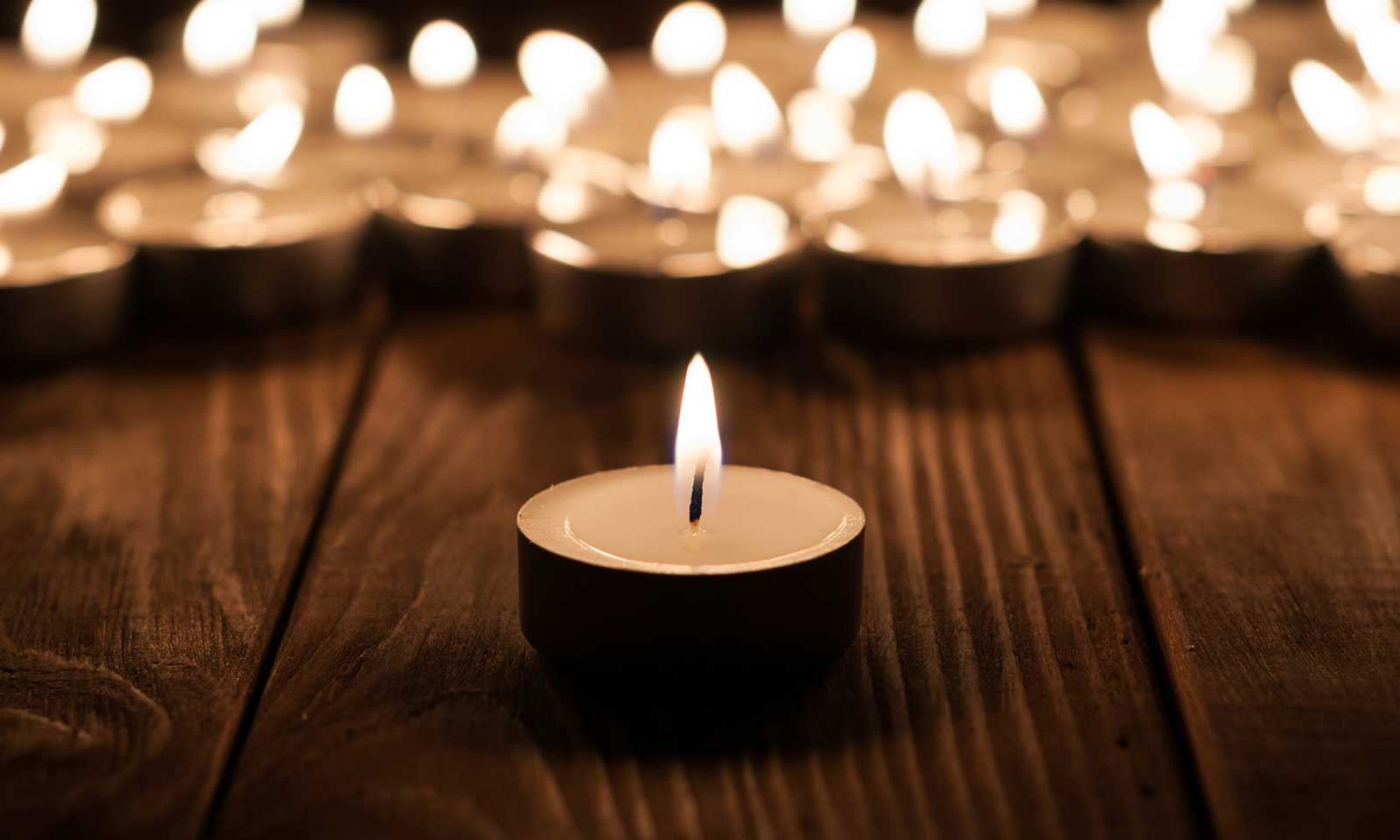The 1960s is one of the most interesting period in American history. In that period the American new generation creats a new culture which never existed before. It brings the liberty, some creative art styles, along with some extreme violence. It is an age of selfishness and extreme. No one knows why all these would happen. However, a possible reason of the stormy sixties may be the wide deployment of televisions.
In mid-1950 , the U.S. has become increasing urbanized, and the modern technology has gone everywhere from urban to suburban area. Televisions are widely deployed across all American homes by 1960s. Virtually every home has one television set at that point of time. People, for the first time in the history, are able to see what was happening all around the world while sitting comfortably in their sofas. While people spending more and more time watching television shows, a new culture based on television raises naturally.
At first, the television is nothing more but a radio with the function of transport image. However, with the rapid developing of TV industry, people has found more and more ways for televisions to extend into people’s lives. In 1960s, televisions has already conquer all American homes. From news reporting to president election, all of the public events has been shaped by this little box. The candidates go to TV show, debate and advertisement in order to attract the public. Kennedy, which starts as one of the “greenest” candidates in American history, can never win the presidency at the age of 42 without the power of television debate. It is said at that time the candidates’ election groups look like trying to sell president like toothpaste. So that without TV, the idea of “New Frontier” would only be a personal thought of Kennedy, not an idea that influence the next few decades. Televisions also shape many popular cultures. Without TV, Elvis Presley’s music would not affect such a big audience; Hippies would not lead to a nationwide stream of counterculture movement. Televisions are the beacon network that spread the fire of human right movement. Martin Luther King may not be able to draw so much attention and take such a big step to the change of American society. Malcolm X can hardly reach so many people if all he could do is speak to people face to face. It is television that makes all those revolutions possible.
The television might not be the most obvious factor in 1960s revolution, but the television is surely the root that supports the revolution’s blossom. With televisions, information can spread all across the country vividly. With televisions, moviemaker, music writer, singer and dancer can gain more audience across a wider area. With televisions, reporter can choose more ways to process and spread their news across the entire nation. And, the most important of all, because of the wide deploy of televisions, common people will spend more time on political events, which greatly changes the politics in early 1960s, therefore changes the relationship between government and people, which is the beginning of the revolution. The television changes the way people sell their products, and it also make all the experiments in sex revolution possible to spread, which in turn influence the new generation. In a word, it is the television that kindles the fire of the revolution of 1960s.
